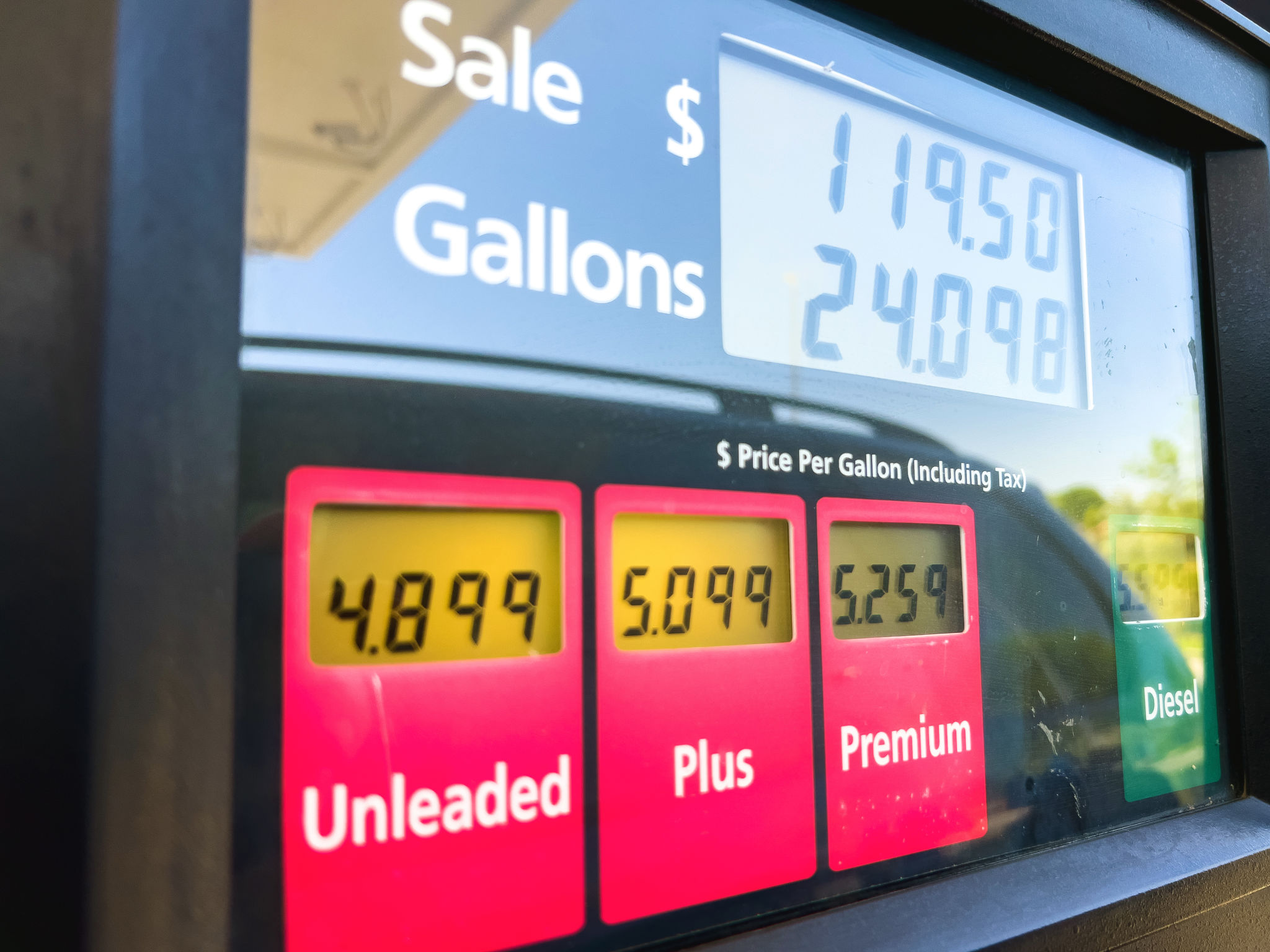Common Myths About Engine Repair Debunked
JG
The Myth of the "Check Engine" Light
One of the most common misconceptions surrounding engine repair is the significance of the "check engine" light. Many drivers panic at the sight of this warning, assuming it signals an imminent and costly repair. However, this light can be triggered by a range of issues, from a loose gas cap to a malfunctioning oxygen sensor. It's essential to remember that this light serves as an early warning system to address potential problems before they escalate.
Ignoring the "check engine" light, on the other hand, can lead to more severe issues down the road. Therefore, it's advisable to have your vehicle diagnosed by a professional mechanic who can pinpoint the exact cause and recommend appropriate solutions.

The Myth of Regular Oil Changes
Another widespread myth is the belief that engine oil needs to be changed every 3,000 miles. While this was once true for older vehicles, advancements in engine technology and oil formulations mean that many modern vehicles can go 5,000 to 7,500 miles—or even longer—between oil changes. Always consult your vehicle's owner's manual or a trusted mechanic to determine the appropriate interval for your car.
Over-maintaining your car can be just as detrimental as neglecting it. Unnecessary oil changes not only cost you money but can also contribute to environmental waste. By following the manufacturer's guidelines, you ensure that your engine remains in peak condition without incurring unnecessary expenses.

The Myth of Premium Fuel
A persistent myth is that using premium fuel will improve engine performance in any vehicle. In reality, unless your car specifically requires premium fuel, using it is unlikely to make a noticeable difference. Premium fuel is designed for high-performance engines that can take advantage of its higher octane levels.
For most cars, regular unleaded fuel is perfectly adequate and will not harm the engine. Using premium fuel unnecessarily is an added expense with little to no benefit. Always refer to your vehicle's manual for the recommended fuel type.

The Myth of DIY Repairs
While DIY enthusiasts may be tempted to tackle engine repairs themselves, modern engines are complex and often require specialized tools and knowledge. Attempting repairs without proper expertise can lead to costly mistakes that might worsen the problem or compromise safety.
It's important to recognize when a professional mechanic's skills are necessary. Trusted professionals have access to diagnostic equipment and technical resources that are crucial for accurate and efficient repairs. Investing in professional services can save time and money in the long run.

The Myth of Engine Lifespan
A final myth worth addressing is the belief that engines have a predetermined lifespan and will inevitably fail after a certain number of miles. With regular maintenance and timely repairs, many engines can last well beyond their expected lifespan. Advances in technology and manufacturing have significantly improved engine durability and reliability.
By adhering to recommended maintenance schedules and promptly addressing any issues that arise, you can extend the life of your engine significantly. Remember, routine care is key to keeping your vehicle running smoothly for years to come.

